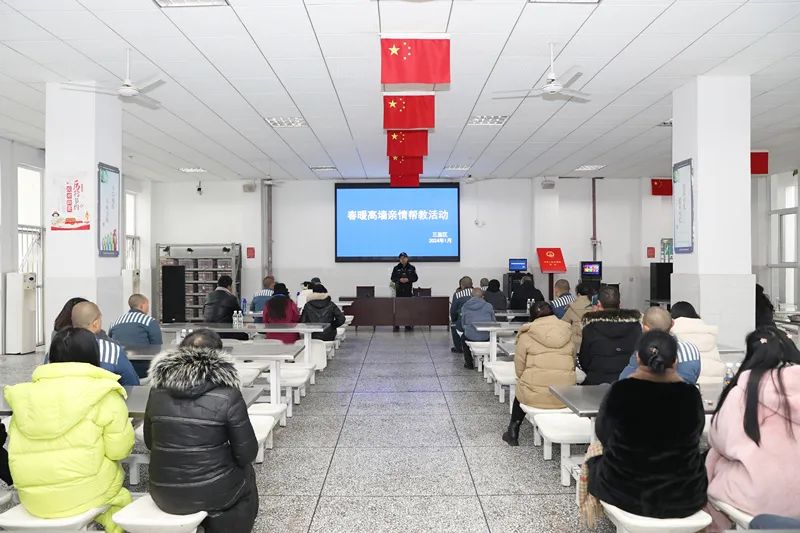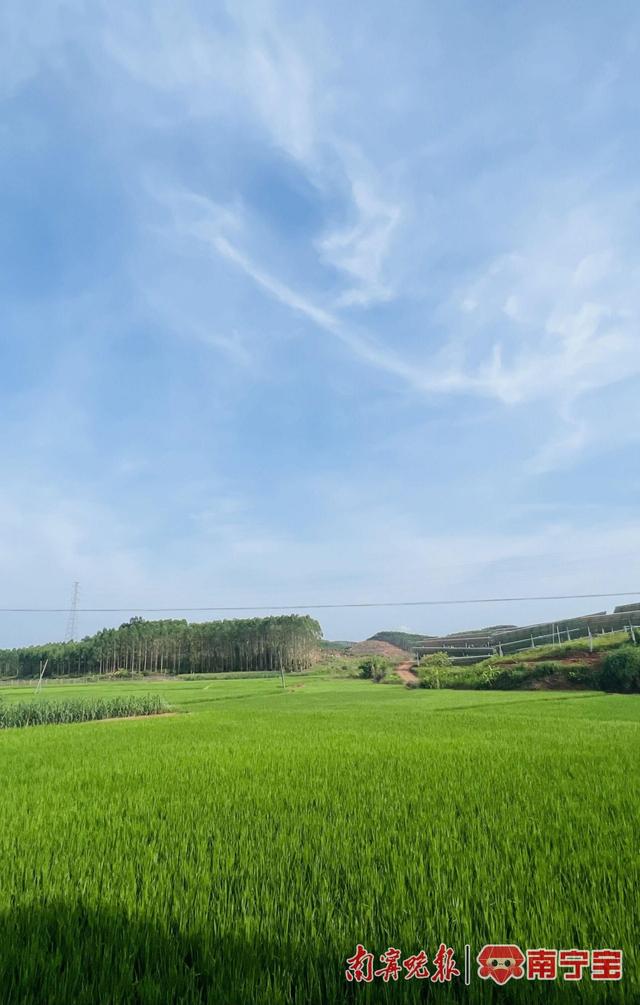Pure beauty, a "pseudo-concept" of crazy alienation?
Lead: Advanced concept or marketing gimmick?
By Jacky.
If we talk about the hottest word in the global beauty industry, it is "Clean Beauty Pure Beauty". Major beauty giants are scrambling to buy pure beauty brands, and more and more brands focusing on the concept of "purity" have emerged in China consumer circuit. However, under the new style, disputes have come one after another.
Clean Beauty is gaining popularity.
Foreign criticism has continued and even launched a boycott movement.
In 2019, Shiseido Group announced the acquisition of Drunk Elephant for $845 million. In 2021, L ‘Oré al Group announced the acquisition of the American skin care brand Youth to the People;; In the same year, Procter & Gamble launched DermaGeek, an affordable vegetarian brand, and acquired FARMACY, a high-end niche skin care brand. Not long ago, L ‘Occitane Group announced the acquisition of a majority stake in Australian pure skin care brand Grown Alchemist.
The giants have increased their acquisitions, and new brands have emerged one after another.The momentum of "Clean Beauty Pure Beauty" is getting bigger and bigger. At the same time, there are more and more voices criticizing and even resisting pure beauty.
Many bloggers and dermatologists began to publicly question the concept and market value of Clean Beauty on social media.
On Ins, Shereene Idriss, a doctor of dermatology in the United States, once said, "Clean beauty has a good intention, but at present, the actual state is to use marketing, fear and insecurity to mock consumers."
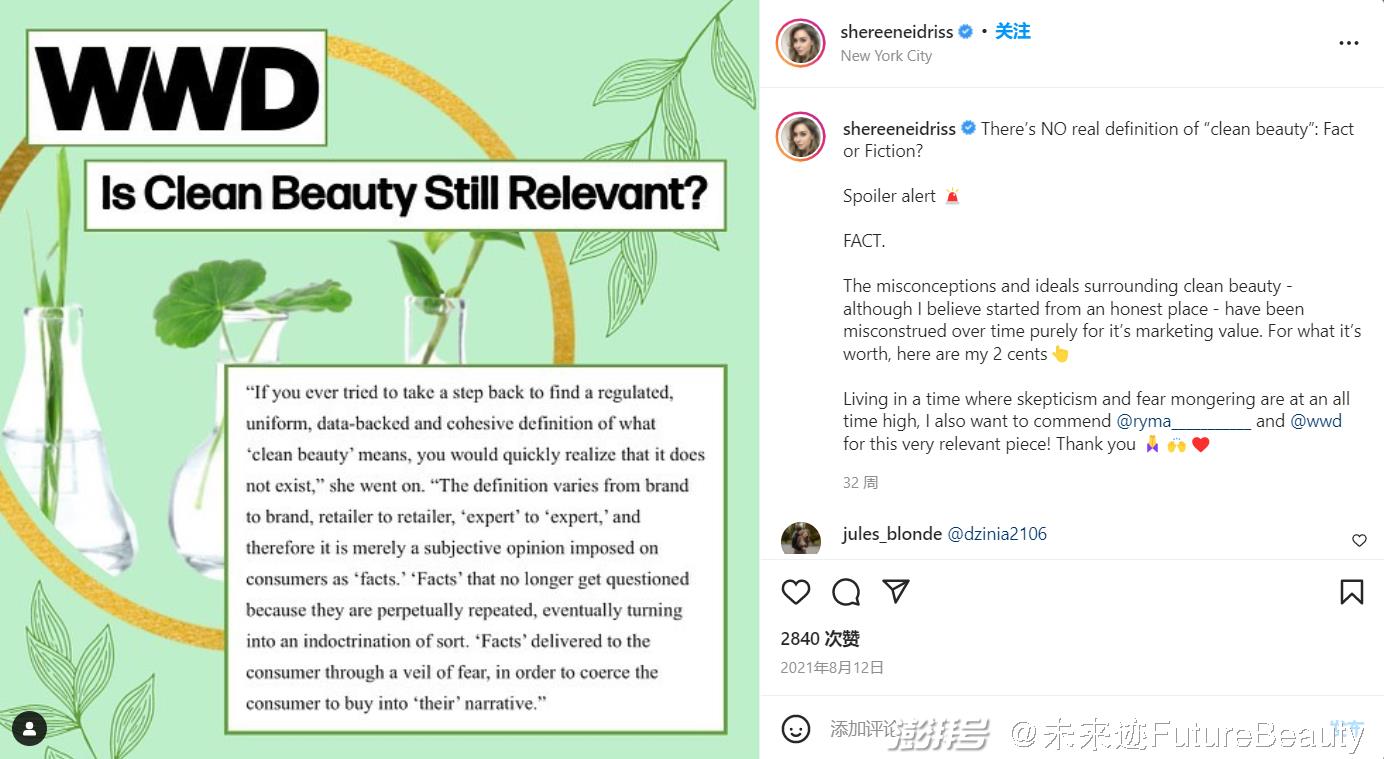 Intercepted from Ins
Intercepted from Ins
In the foreign media Instyle, there are also comments bluntly: "At present, all Clean Beauty is defined by the chairmen according to their own products." The scale of comments by bloggers from the media is even greater. Some bloggers directly wrote the title: "Clean Beauty should die in 2020."
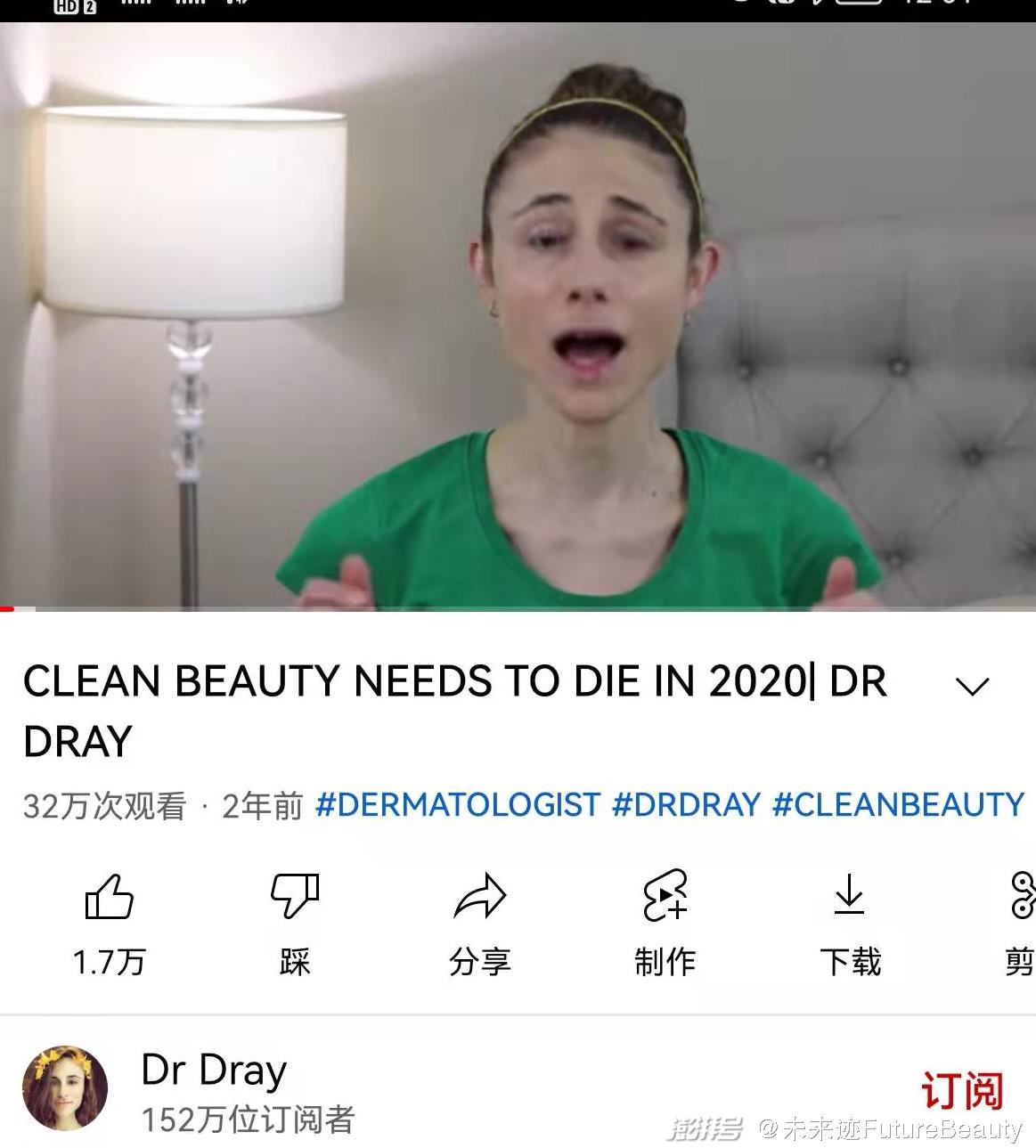 YouTube bloggers criticize Clean Beauty
YouTube bloggers criticize Clean Beauty
At the same time, some brands that pay attention to the scientific and technological composition and efficacy value of raw materials stand on the periphery of "purity" and feel "offensive" in disguise. These brands believe that Clean Beauty directly refers to non-"Clean Beauty" brands as "dirty" in its external publicity, which "is actually having a negative impact on the industry".
In China, some professional researchers also pointed out that,Nature itself does not mean non-toxic and safe; Most of the products of "Clean Beauty" are not functional, and their practical significance is far less than their spiritual and cultural significance.
So, what is the "Clean Beauty" that was fired to heaven?
Back in 2000, a brand named REN (Swedish meaning "pure") was born to meet the special skin care needs of a pregnant woman, and its products still have efficacy besides removing harmful ingredients. REN is recognized as the originator of Clean Beauty.
In the following ten years, Clean Beauty was unknown, until retail giant Sephora and American e-commerce platform set up "Clean Beauty Zone" on their websites, which became famous in one fell swoop after the fermentation of social media. Coupled with the careful packaging of beauty brands who are good at marketing, it has quickly become a global beauty trend.
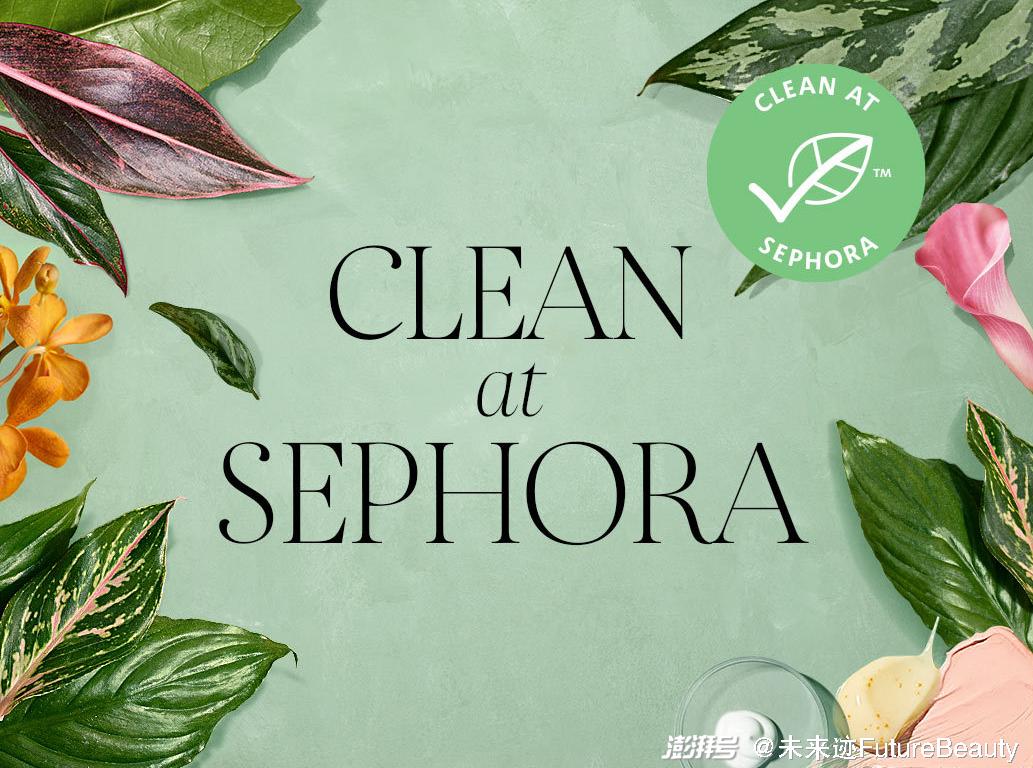 Sephora Clean Beauty area
Sephora Clean Beauty area
By analyzing the opinions of pure beauty products such as Drunk Elephant, Tatcha, Glossier, FARMACY, MILK BEAUTY, etc., it can be seen that the standard of Clean Beauty widely recognized by the international industry includes the following three points:
1. The ingredients are safe, that is, the ingredients are non-toxic, hormone-free, hormone-free, carcinogen-free, etc.
2, the label is clear, that is, the ingredient label is clear, comprehensive and complete;
3, the environment is sustainable, that is, it is sustainable to the ecological environment without animal experiments.
However, the above three criteria are only based on the general consensus of the market on pure beauty, and there is no clear concept and legal definition in the world. It can be said,Clean Beauty is more an idea than a clear concept.
Grand View Research, an American market research organization, released a report saying that it is estimated that by 2025, the global vegetarian beauty market will reach $20.8 billion. Consumers are increasingly interested in natural products, which is the background of the rise of pure beauty products.
Yang Zhenghua, CEO of M&C Saatchi Lab. in China, told Future Beauty, "When foreign countries talk about Clean Beauty, it is actually a concept that integrates social movements."
 Drunk Elephant drunkephant
Drunk Elephant drunkephant
Become a marketing gimmick?
"Pure beauty" began to taste bad in China market.
In the past two years, the popularity of "pure beauty" in China market has soared, and brands focusing on the concept of purity have emerged one after another. "Pure ingredients" and "pure formula" have become high-frequency terms in brand publicity.
 China’s "Pure Beauty" brand born in the past two years.
China’s "Pure Beauty" brand born in the past two years.
In an interview with Future Beauty, a senior e-commerce operation director said that he had previously led the positioning strategy formulation of an imported brand at the beginning of its entry into China. Between focusing on ingredient efficacy and focusing on pure concept, the brand decided to choose the latter after consideration. This is because there are too many big companies and brands with strong efficacy, and focusing on the trendy consumption concept of "pure beauty" will enjoy more market attention and traffic dividends.
In Little Red Book, there are 7100+ notes about "pure beauty", which continues to impact consumers’ cognition in fancy marketing of Chinese and foreign brands. The data shows that since 2021, more than 70 new brands of pure beauty have successively settled in Tmall International, and the sales of this category have increased by over 600% year-on-year.
Last August, Tmall International Beauty tried to define "pure beauty" in conjunction with the media and summarized it as four "zeros":Harmless ingredients, zero addition, environmental friendliness, zero harm, animal friendliness, zero cruelty, sustainable environmental protection and zero waste.
This definition resonates with the internationally recognized three criteria at the same frequency. However, the concept is full, but the market reality of landing in China is very "skinny", because there is no unified and authoritative standard, and new China brands are basically "talking to themselves".
The person in charge of the standard of a domestic pure beauty system told Future Beauty, "The purity we say can be understood from another angle, that is, what the skin needs, such as a beneficial composition, then it is pure to the body; If the skin doesn’t need it, even if it is pure, it can’t be considered pure. "
Amber, the founder of Tangyi, has also publicly stated that although there is no unified standard for pure beauty at home and abroad, "we believe that real pure beauty must be progressive, scientific and frank", and its "DCBS Tangyi Purity Standard" has eliminated more than 70 risk components in 10 categories. OnTop, another cutting-edge brand, claims to independently formulate six purity standards, and combined with international experience and expert opinions, it has identified 7412 prohibited ingredients.
 Dewy Lab tongyi
Dewy Lab tongyi
In addition to some new domestic products focusing on pure beauty and self-built pure standards, some old domestic products also hope to upgrade and renovate by Clean Beauty.
At the beginning of this year, MCL Huaxikou, an old domestic product, which has been repositioned as "Oriental Pure Beauty", officially released the first Green Paper on Pure Beauty, and announced the launch of the first group standard of pure beauty in China, claiming to adopt a vegan formula of zero animal origin and upgrade 100% recyclable environmental protection packaging.
Qiu Xiaofeng, vice president of Northbell, who is in charge of research and development, believes that pure beauty in China is a mixed concept. At present, it may mainly be that raw materials are natural, contain no risk components, and pay attention to the source of raw materials and the transparency of processing. He stressed, but this does not mean that the safety of unnatural raw materials cannot be guaranteed. For example, some synthetic peptides used in cosmetics are also very safe.
The above-mentioned senior e-commerce operation director pointed out: "According to the existing domestic broad definition, I think almost all Australian brands that focus on natural positioning can be called pure beauty, and even the old Chinese products herborist and Yiyi Herbal Medicine can also be called pure skin care." In his view, the so-called "pure beauty" has completely changed its taste now, but when it comes to plant recipes and simple packaging styles, it can be transformed into a self-proclaimed "pure" school.
Apart from the composition, the consensus idea of "zero cruelty" and "vegan" is not only difficult to achieve in China, but even conflicts with the requirements of existing laws and regulations.
Qiu Xiaofeng pointed out in an interview with Future Beauty that "in the research and development of raw materials, some toxicological data are still inseparable from animal experiments for the time being".
In addition, in the article of "sustainable environmental protection and zero waste", the packaging problems of many brands are also difficult to meet the standards.
"At present, cosmetics are more or less over-packaged, because most consumers still prefer exquisite packaging." Zhang Taijun, a senior R&D engineer and R&D director of the Institute of Biotechnology for Skin Care, bluntly said, "At this point, almost no pure products meet the requirements of’ purity’."
If the industry is not self-disciplined in time
Pure beauty cosmetics may follow the footsteps of "organic" and be "one size fits all"
Although "pure beauty" is controversial, it is so popular at the brand level. What are the views of channel providers and consumers?
"the concept of Clean Beauty is very tricky, and it is a bit of a’ stealing the column’. It not only achieves some of the purposes claimed by the efficacy, but also does not have to bear legal consequences. " In an interview with Future Beauty, the head of a luxury beauty collection store in China pointed out the problems behind this marketing hotspot. In his view, in recent years, domestic beauty marketing is a bit lacking, and the concept of simple design, environmental protection and health is easy to resonate.
In fact, the slot about "the idea gimmick is greater than the actual effect" has begun to ferment on social platforms.
In the little red book, under the comment of domestic pure beauty recommended by a blogger, some consumers are outspoken. "If the product doesn’t work, it won’t work. If it doesn’t work, it will instill ideas for me to accept. It is better to emphasize the application of sensitive muscles and emphasize pure beauty, so it is better to say the effect directly. "
 Comments on Pure Beauty on China Social Platform
Comments on Pure Beauty on China Social Platform
In the comment area of a pure beauty brand Tmall flagship store, "Future Beauty" also saw a lot of spit about the product "no work, no fault" and "too gimmicky".
"At present, many China brands only fit some ideas, not completely." The above-mentioned director of e-commerce operation pointed out that the consumption concept of China consumers is becoming more and more mature, and efficacy is still the core of the brand, which is also the most valued brand value of consumers, and the purchase for added value such as concept is limited.
"The concept of pure beauty is worthy of recognition, but from the current situation, major beauty groups have not made efforts to promote it in the China market. It remains to be seen whether this concept has greater commercial value." The cosmetics purchasing manager of a department store group in central China believes that the new trend is coming, but when it comes to retail, good quality and high repurchase are the most important things for operators.
 Pure beauty cosmetics brand Xiangtika
Pure beauty cosmetics brand Xiangtika
Compared with the enthusiasm of brands, the wait-and-see attitude of distributors and the spit of consumers, there are deeper concerns about the "pure beauty" industry.
Some researchers have pointed out that because there is no corresponding legal standard for "pure beauty", neither labels nor publicity claims can be followed, which invisibly gives enterprises too much room for self-promotion.
"Pure beauty without standard is a false concept!" Some people in the industry believe that under the current strict cosmetic laws and regulations, "pure beauty" is openly and boldly engaged in false propaganda and should be strictly investigated. He bluntly said that if the industry can’t exercise self-discipline, the brand’s fantastic definition of "purity" will probably attract the attention of the regulatory authorities like the previous "organic" concept, thus being "across the board".
Under the heat of the market, relevant departments, organizations and mainstream platforms are called upon to work out the domestic "pure beauty" standard and management mechanism, so that this "concept" with unique ideas and consumer cognition can form a broad consensus, and after abandoning the chaos, the real market value can be further amplified.
END



 Bedside shelf
Bedside shelf



